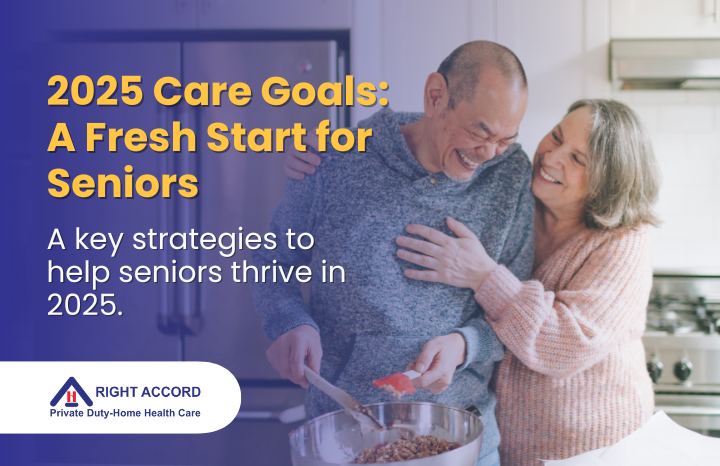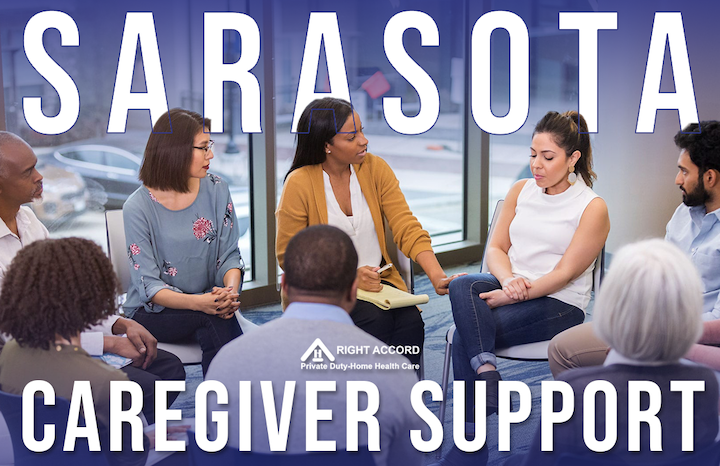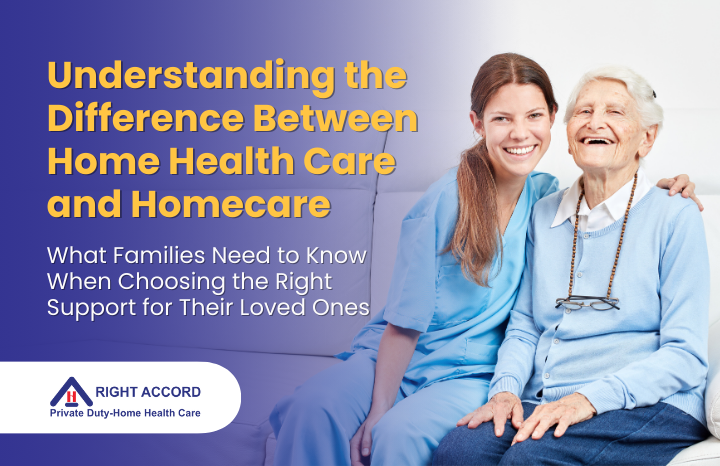· 3 min read
Cultivating Calm: The Power of Meditation for Caregiver
As caregivers traverse the intricacy of their roles, meditation emerges as a valuable ally in reducing their stress, and fostering overall well-being.
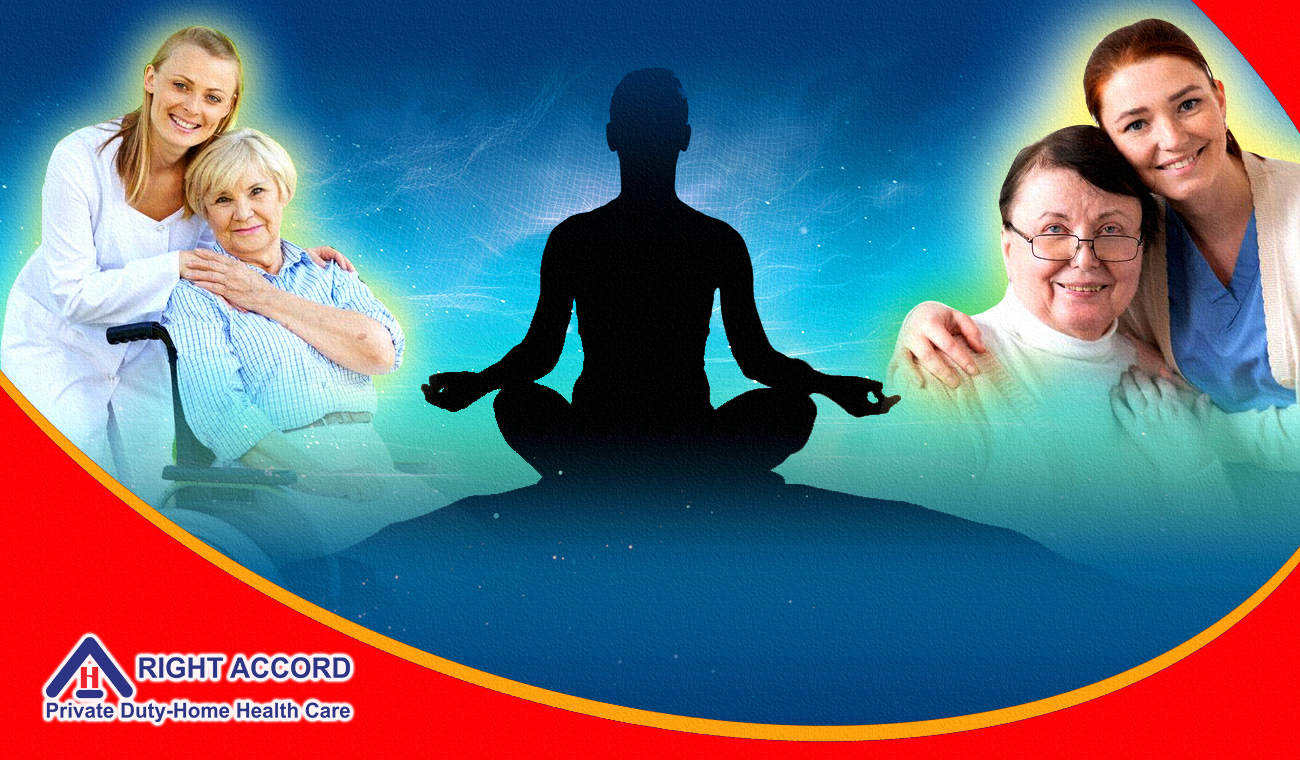
By: Rosemarie Tamunday Casanova — RN, BSN, MHA
In the whirlwind of daily life, moments of tranquility are precious, especially for those carrying the weight of caregiving responsibilities.
Caregivers, the unsung heroes in the lives of their loved ones, often find themselves grappling with stress and burnout. Amidst life’s challenges, the integration of meditation into their daily routine can be a transformative force, offering solace and inner peace.
The Impact of Caregiving Stress
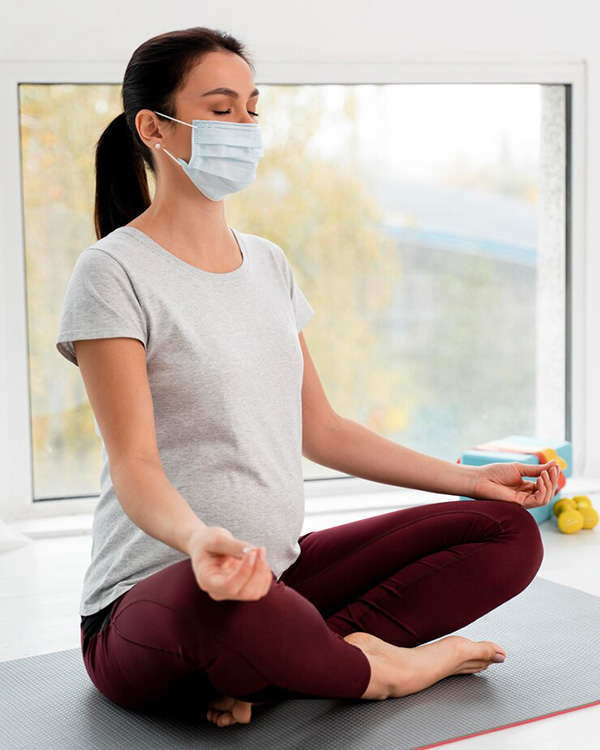
Caregiving is a profound act of love, yet it comes with its unique set of challenges. The emotional, physical, and mental toll of caring for someone can accumulate, potentially leading to stress, anxiety, and exhaustion.
Recognizing the importance of self-care becomes essential for caregivers to maintain their mental well-being, ensuring they can continue to provide effective care for their loved ones.
The Power of Meditation
Meditation, a timeless practice rooted in various cultures, has gained widespread recognition for its ability to promote relaxation and alleviate stress. For caregivers, integrating meditation into their daily lives becomes a powerful tool for managing the pressures associated with their role.
Stress Reduction
Scientifically proven to reduce stress, meditation activates the body’s relaxation response. Through mindfulness meditation, caregivers can anchor themselves in the present moment, releasing worries about the past or future. This mental shift contributes to a profound sense of calm, even in the face of challenging situations.
Emotional Resilience
Caregivers often find themselves navigating emotionally charged situations. Meditation fosters emotional resilience by encouraging individuals to acknowledge and accept their feelings without judgment. This increased emotional awareness enables caregivers to respond to situations more thoughtfully and compassionately, enhancing their ability to connect with their loved ones.
Improved Sleep
Adequate rest is crucial for caregivers, yet the stressors of their role can disrupt sleep patterns. Meditation techniques, such as guided imagery or progressive relaxation, prove invaluable in promoting better sleep. By calming the mind and relaxing the body, caregivers can experience improved overall well-being, better equipping them for the demands of their responsibilities.
Enhanced Focus and Clarity
Caregivers are tasked with juggling numerous responsibilities, and maintaining focus can be challenging. Regular meditation practices have been linked to improved cognitive function, concentration, and decision-making. This enhanced mental clarity equips caregivers to navigate their duties more efficiently and make informed decisions.

National Caregiver Weeks and Beyond
While National Caregiver Weeks serve as a poignant reminder to acknowledge and appreciate the efforts of caregivers, the benefits of meditation extend far beyond a designated time frame. The integration of meditation into daily life creates a sustainable and lasting impact on mental and emotional well-being.
Beyond the recognition bestowed during specific weeks, caregivers can weave meditation into their routines as a consistent practice. This ongoing commitment to self-care ensures that the benefits of meditation become an integral part of their lives, fostering resilience and calm throughout the year.
Conclusion
As caregivers traverse the intricate landscape of their roles, the practice of meditation emerges as a valuable ally in promoting resilience, reducing stress, and fostering overall well-being. By incorporating these techniques into their daily routines, caregivers can cultivate a profound sense of calm amidst life’s challenges, ensuring they can continue to provide the exceptional care their loved ones deserve.
In embracing the transformative power of meditation, caregivers equip themselves with a tool that not only enhances their well-being but also enriches the quality of care they provide to those who depend on them.
